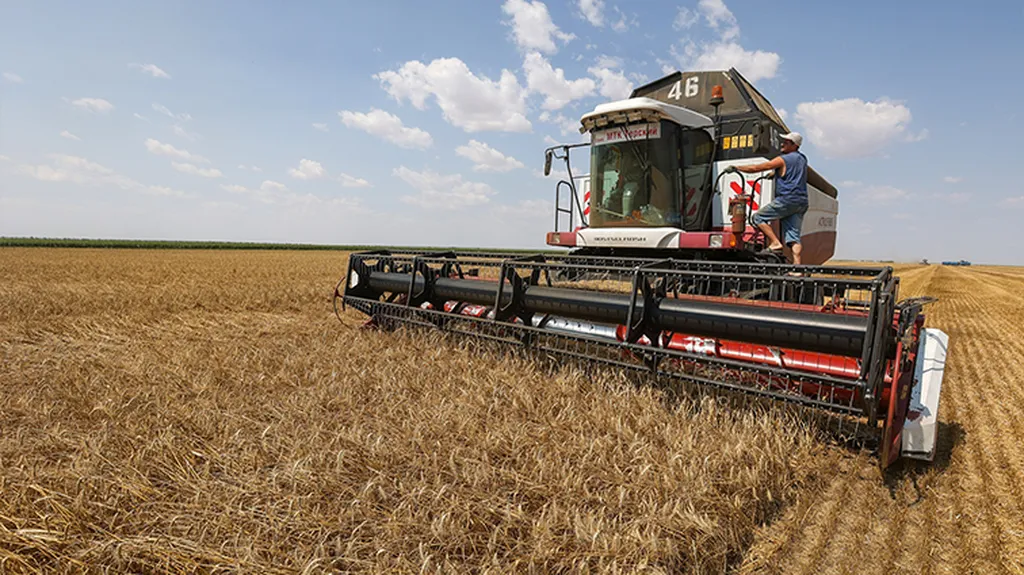In the heart of Russia’s Krasnodar region, a discovery is brewing that could revolutionize wheat farming and bolster sustainable agriculture. Serguey V. Kopiltsov, a researcher from the Kuban State Agrarian University named after I. T. Trubilin, has uncovered a promising new strain of Bacillus subtilis, dubbed Krd-20 (VKM B-3516D), which shows remarkable potential in combating common wheat diseases. This finding, published in the journal ‘Frontiers in Sustainable Food Systems’ (translated from Russian as ‘Frontiers in Sustainable Food Systems’), opens doors to more eco-friendly and efficient farming practices.
The strain, isolated from the wheat rhizosphere, produces lipopeptides—fengycin and surfactin—that exhibit strong fungistatic activity. In simpler terms, it’s a natural, biological weapon against wheat’s nemeses: fusarium head blight (FHB) and yellow leaf spot. “The efficacy of our biofungicide formulation based on B. subtilis Krd-20 was impressive,” Kopiltsov explains. “Field trials showed a biological efficacy of 75–83%, significantly reducing disease incidence and even boosting crop yield by 2.5%.”
The implications for the agricultural sector are substantial. With the global push towards sustainable and organic farming, this biofungicide could be a game-changer. It’s not just about controlling diseases; it’s about integrating seamlessly into existing farming practices. The study found that the biofungicide works well with mineral fertilizers, maintaining microbial viability and enhancing disease-suppressive properties in the soil.
Moreover, the potential for combined formulations could simplify application processes for farmers, making it an attractive commercial prospect. “The minimal impact of mineral components on microbial viability suggests that our biofungicide can be easily integrated into combined formulations,” Kopiltsov adds. This compatibility could streamline farming operations, reducing the need for multiple treatments and ultimately lowering costs.
The research also highlights the importance of mycological analysis in understanding soil health. By increasing disease-suppressive properties in the rhizosphere, the biofungicide contributes to a healthier, more resilient wheat ecosystem. This holistic approach to plant health and disease management is a significant step forward in sustainable agriculture.
Looking ahead, this discovery could pave the way for more innovative biofungicides and biopesticides. The agricultural industry is increasingly recognizing the value of microbial solutions, and this research underscores the potential of Bacillus subtilis strains in disease management. As Kopiltsov and his team continue to explore the capabilities of B. subtilis Krd-20, the future of wheat farming looks brighter and more sustainable.
In an era where climate change and environmental concerns are at the forefront, such breakthroughs are not just welcome—they’re essential. They offer a glimpse into a future where agriculture is not only productive but also harmonious with nature. And that’s a future worth striving for.

